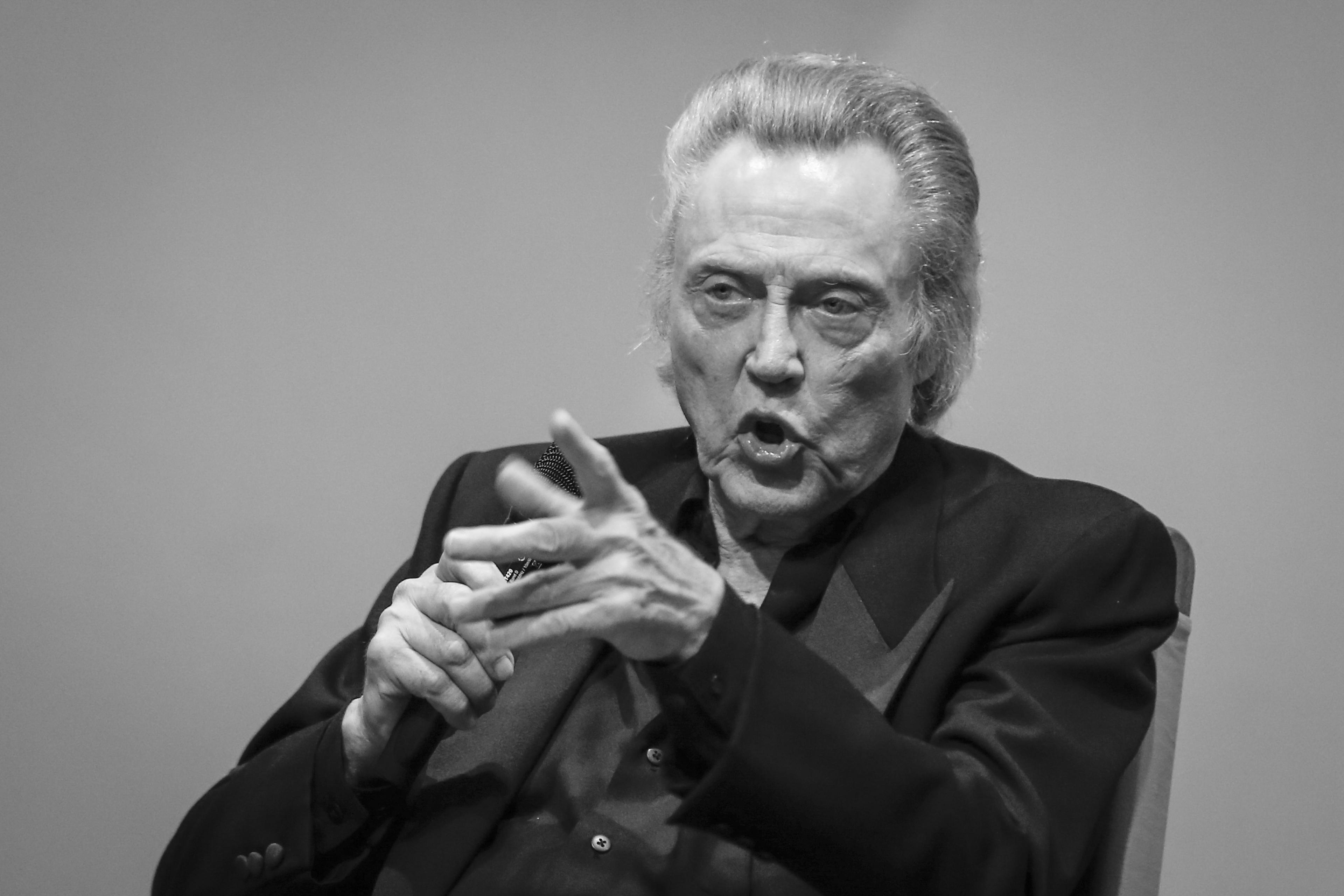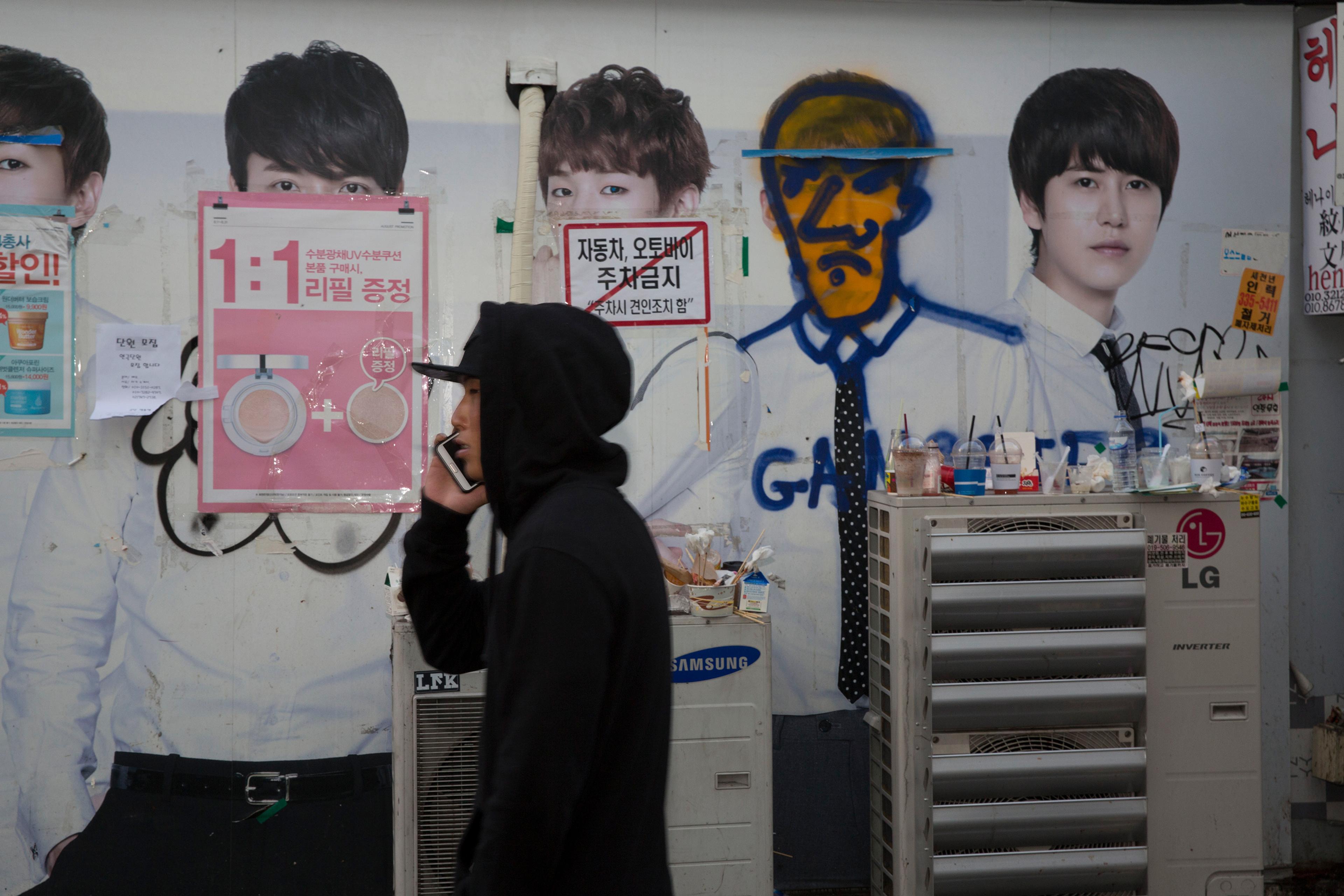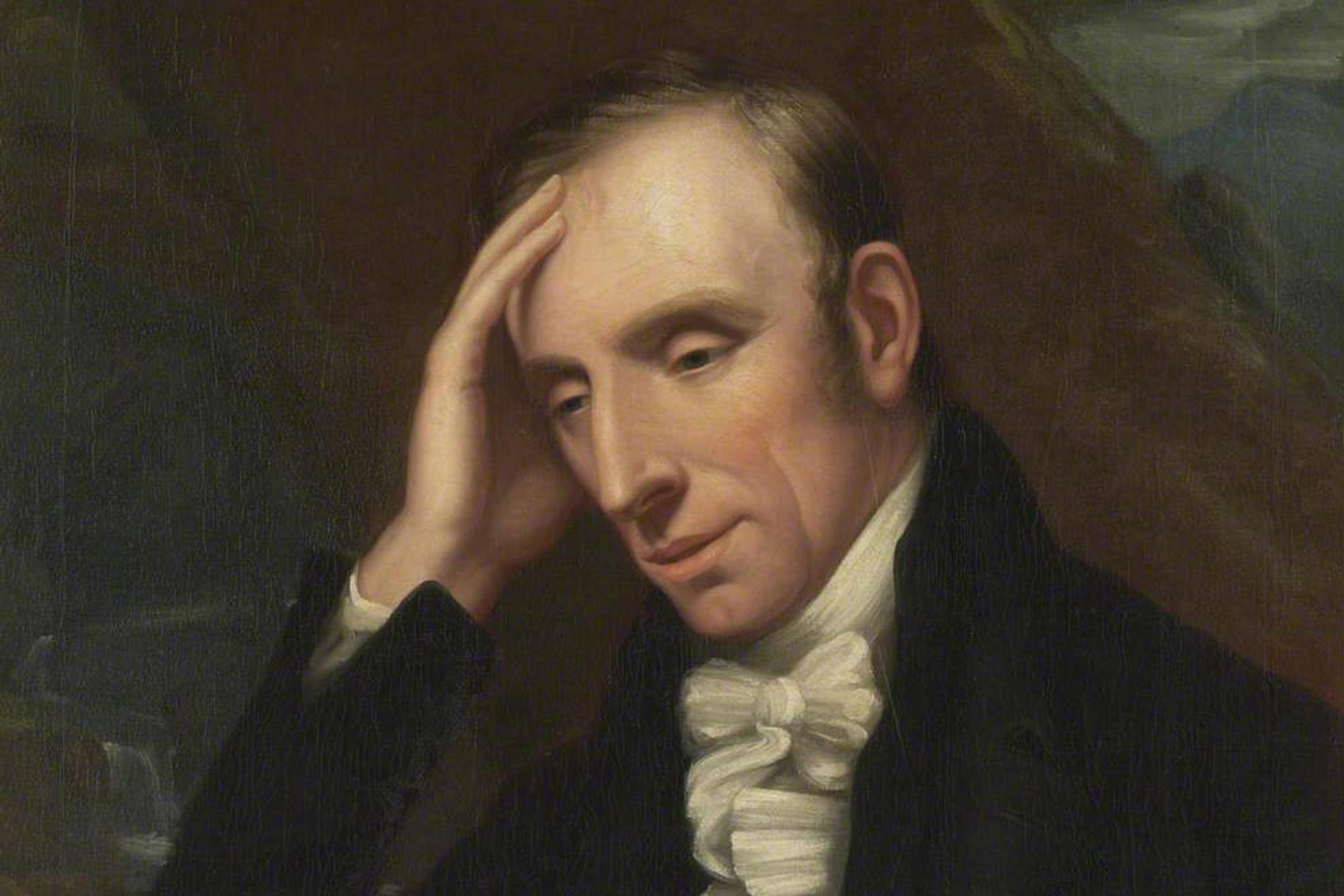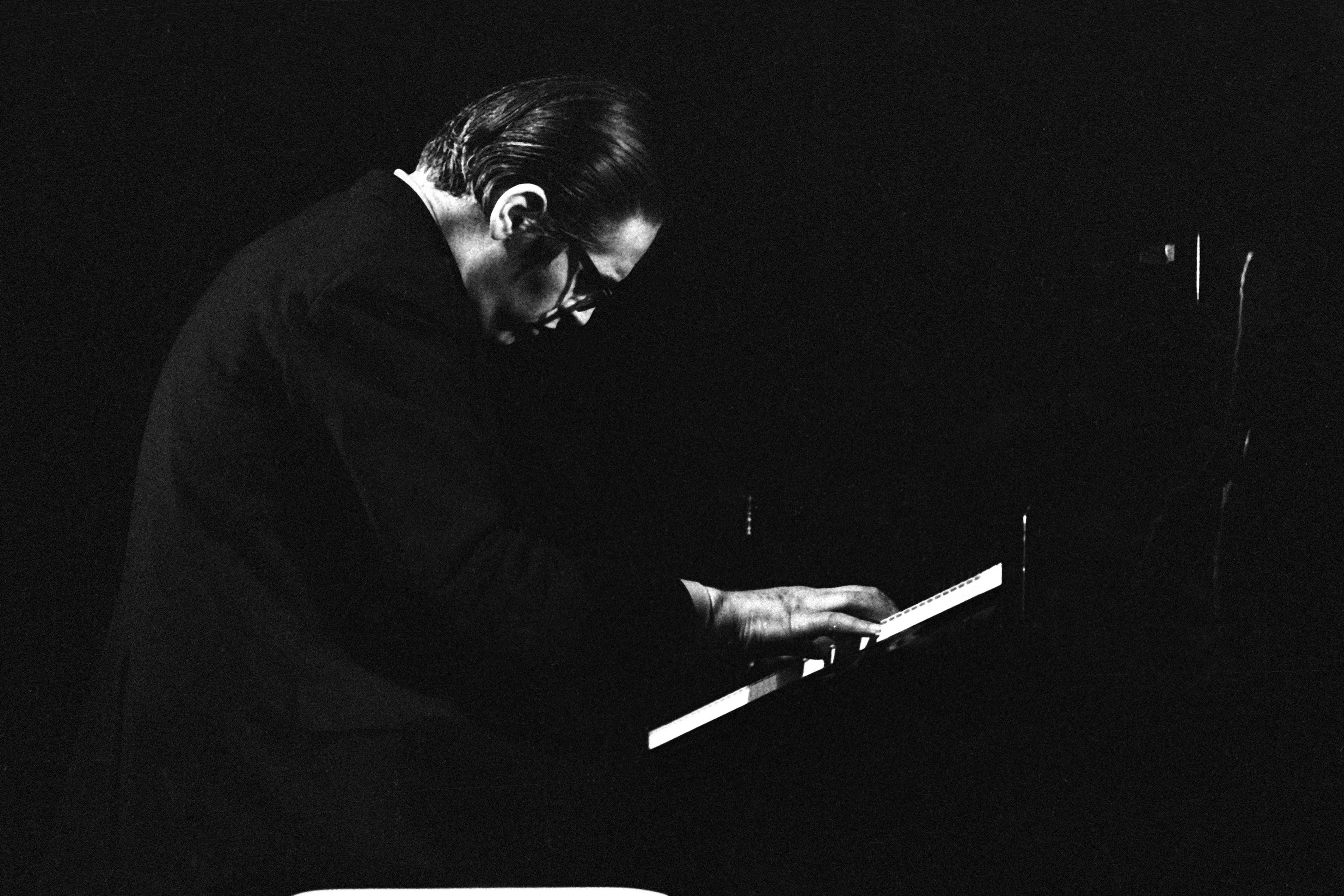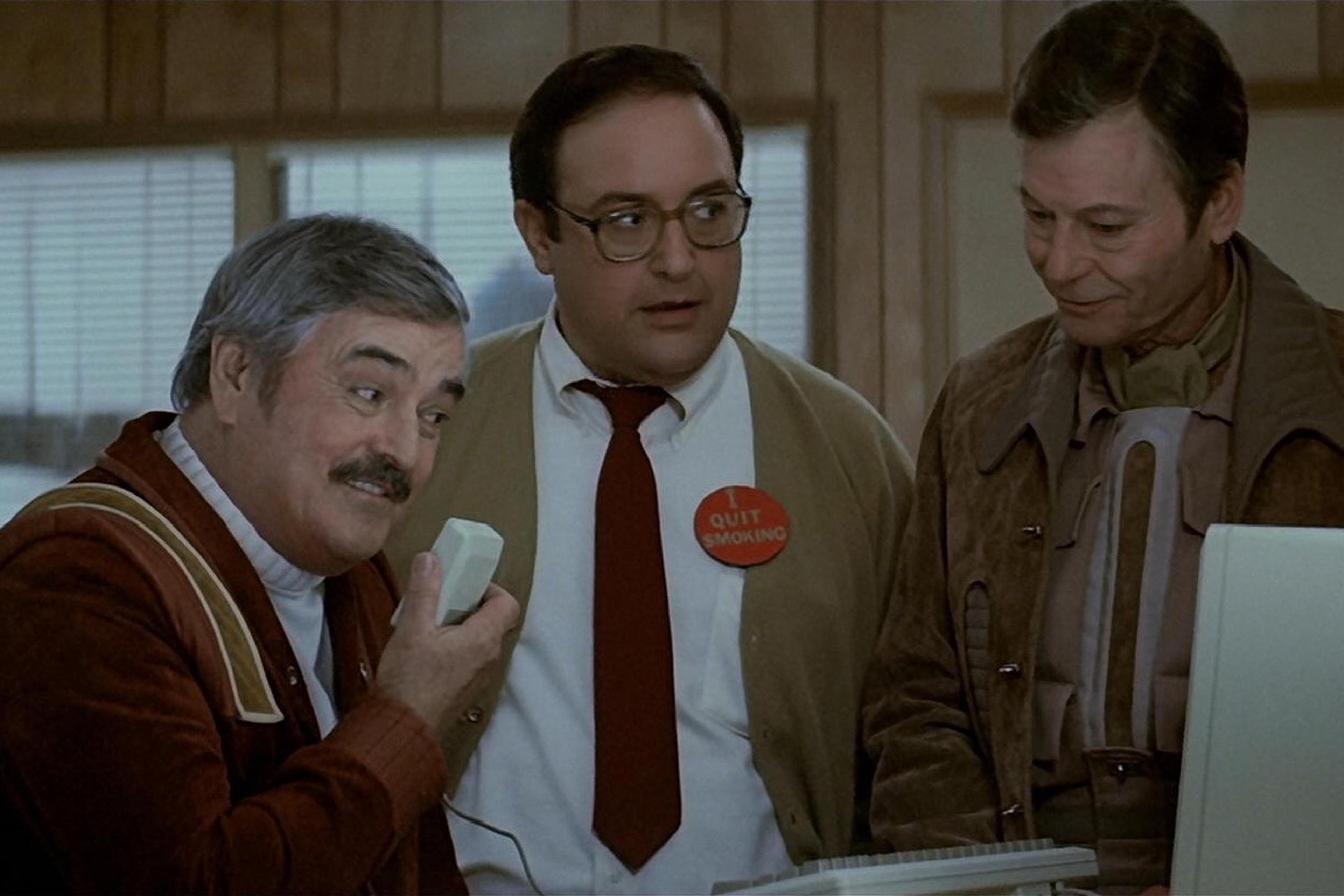The sound of Christopher Walken’s voice is so embedded in my memory that it takes hardly any time to place it, even when it comes from the mouth of, say, a squirrel in a TV ad. Few celebrity voices are easier to recognise – or inspire more imitations – than his.
Is there some intrinsic quality that makes voices such as Walken’s especially memorable, whether they’re famous or not? While my own voice probably melts into the background for most who hear it, when I think of highly recognisable voices, some ordinary people spring to mind: a sixth-grade teacher, my cross-country coach, etc. Maybe others who heard them felt the same way.
Wilma Bainbridge and her colleagues had already found that some faces are more memorable than others – more likely to be recognised not just by one observer or another, but by people generally. The same has been found for objects, words and works of art. In a recent set of studies, Bainbridge, Cambria Revsine and Esther Goldberg at the University of Chicago explored whether voices differ in their memorability as well.
Thousands of participants listened to a series of clips: a procession of different voices that each spoke the same words (eg, ‘Don’t ask me to carry an oily rag like that’). The listeners’ job was to report when the same voice was repeated. Their success rates allowed the researchers to find out whether certain voices were more memorable on the whole.
Some voices were, indeed, stickier than others. The team also found evidence that quantifiable voice characteristics, such as the base pitch and speed, were collectively predictive of voice memorability. These results raise the possibility, the researchers say, that: ‘Tools could be developed to enhance the features that contribute to voice memorability’ – making a not-so-memorable voice, perhaps, a bit more Walkenesque.
